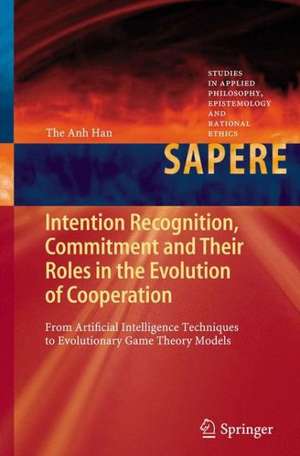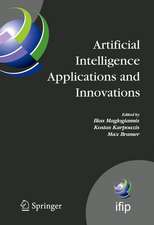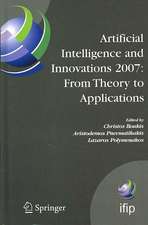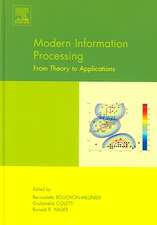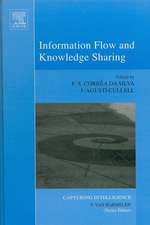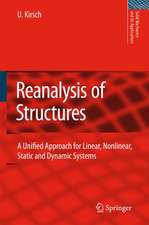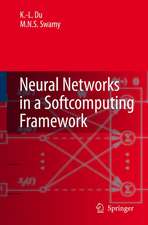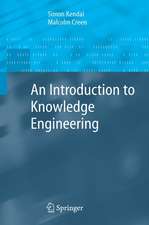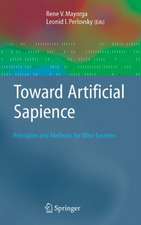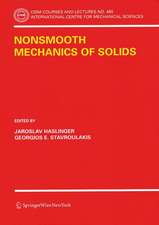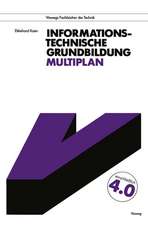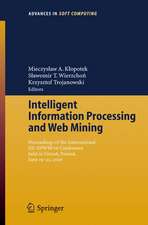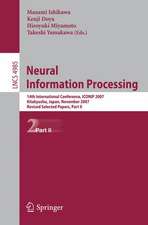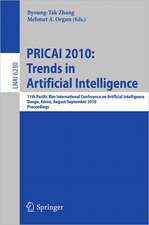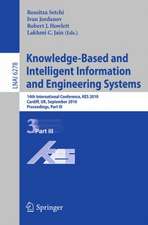Intention Recognition, Commitment and Their Roles in the Evolution of Cooperation: From Artificial Intelligence Techniques to Evolutionary Game Theory Models: Studies in Applied Philosophy, Epistemology and Rational Ethics, cartea 9
Autor The Anh Hanen Limba Engleză Hardback – 26 apr 2013
| Toate formatele și edițiile | Preț | Express |
|---|---|---|
| Paperback (1) | 640.35 lei 6-8 săpt. | |
| Springer Berlin, Heidelberg – 22 mai 2015 | 640.35 lei 6-8 săpt. | |
| Hardback (1) | 646.80 lei 6-8 săpt. | |
| Springer Berlin, Heidelberg – 26 apr 2013 | 646.80 lei 6-8 săpt. |
Din seria Studies in Applied Philosophy, Epistemology and Rational Ethics
- 20%
 Preț: 603.90 lei
Preț: 603.90 lei -
 Preț: 397.59 lei
Preț: 397.59 lei -
 Preț: 359.54 lei
Preț: 359.54 lei - 20%
 Preț: 989.96 lei
Preț: 989.96 lei - 24%
 Preț: 787.50 lei
Preț: 787.50 lei -
 Preț: 390.08 lei
Preț: 390.08 lei -
 Preț: 370.88 lei
Preț: 370.88 lei - 15%
 Preț: 641.20 lei
Preț: 641.20 lei - 20%
 Preț: 991.60 lei
Preț: 991.60 lei - 20%
 Preț: 646.95 lei
Preț: 646.95 lei - 15%
 Preț: 653.98 lei
Preț: 653.98 lei -
 Preț: 384.48 lei
Preț: 384.48 lei -
 Preț: 395.47 lei
Preț: 395.47 lei - 18%
 Preț: 1216.95 lei
Preț: 1216.95 lei - 18%
 Preț: 947.50 lei
Preț: 947.50 lei -
 Preț: 388.72 lei
Preț: 388.72 lei -
 Preț: 390.08 lei
Preț: 390.08 lei -
 Preț: 395.09 lei
Preț: 395.09 lei -
 Preț: 394.12 lei
Preț: 394.12 lei - 15%
 Preț: 644.82 lei
Preț: 644.82 lei - 15%
 Preț: 698.15 lei
Preț: 698.15 lei - 18%
 Preț: 1840.91 lei
Preț: 1840.91 lei - 20%
 Preț: 656.84 lei
Preț: 656.84 lei -
 Preț: 389.70 lei
Preț: 389.70 lei - 20%
 Preț: 991.46 lei
Preț: 991.46 lei - 15%
 Preț: 585.73 lei
Preț: 585.73 lei - 15%
 Preț: 711.40 lei
Preț: 711.40 lei - 15%
 Preț: 589.33 lei
Preț: 589.33 lei - 15%
 Preț: 700.42 lei
Preț: 700.42 lei
Preț: 646.80 lei
Preț vechi: 808.50 lei
-20% Nou
Puncte Express: 970
Preț estimativ în valută:
123.78€ • 134.41$ • 103.98£
123.78€ • 134.41$ • 103.98£
Carte tipărită la comandă
Livrare economică 22 aprilie-06 mai
Preluare comenzi: 021 569.72.76
Specificații
ISBN-13: 9783642375118
ISBN-10: 3642375111
Pagini: 192
Ilustrații: XXIII, 167 p.
Dimensiuni: 155 x 235 x 16 mm
Greutate: 0.45 kg
Ediția:2013
Editura: Springer Berlin, Heidelberg
Colecția Springer
Seria Studies in Applied Philosophy, Epistemology and Rational Ethics
Locul publicării:Berlin, Heidelberg, Germany
ISBN-10: 3642375111
Pagini: 192
Ilustrații: XXIII, 167 p.
Dimensiuni: 155 x 235 x 16 mm
Greutate: 0.45 kg
Ediția:2013
Editura: Springer Berlin, Heidelberg
Colecția Springer
Seria Studies in Applied Philosophy, Epistemology and Rational Ethics
Locul publicării:Berlin, Heidelberg, Germany
Public țintă
ResearchCuprins
Introduction.- Intention Recognition Methods.- Intention Recognition, Commitment, and the Evolution of Cooperation.
Textul de pe ultima copertă
This original and timely monograph describes a unique self-contained excursion that reveals to the readers the roles of two basic cognitive abilities, i.e. intention recognition and arranging commitments, in the evolution of cooperative behavior. This book analyses intention recognition, an important ability that helps agents predict others’ behavior, in its artificial intelligence and evolutionary computational modeling aspects, and proposes a novel intention recognition method. Furthermore, the book presents a new framework for intention-based decision making and illustrates several ways in which an ability to recognize intentions of others can enhance a decision making process. By employing the new intention recognition method and the tools of evolutionary game theory, this book introduces computational models demonstrating that intention recognition promotes the emergence of cooperation within populations of self-regarding agents. Finally, the book describes how commitment provides a pathway to the evolution of cooperative behavior, and how it further empowers intention recognition, thereby leading to a combined improved strategy.
Caracteristici
A unique self-contained excursion that reveals to the readers the roles of two basic cognitive abilities, i.e. intention recognition and arranging commitments, in the evolution of cooperative behavior Proposes a novel intention recognition method together with a new framework for intention-based decision-making Develops an original and coherent interdisciplinary approach that incorporates techniques and concepts of computer science and artificial intelligence together with those of evolutionary psychology and evolutionary game theory
